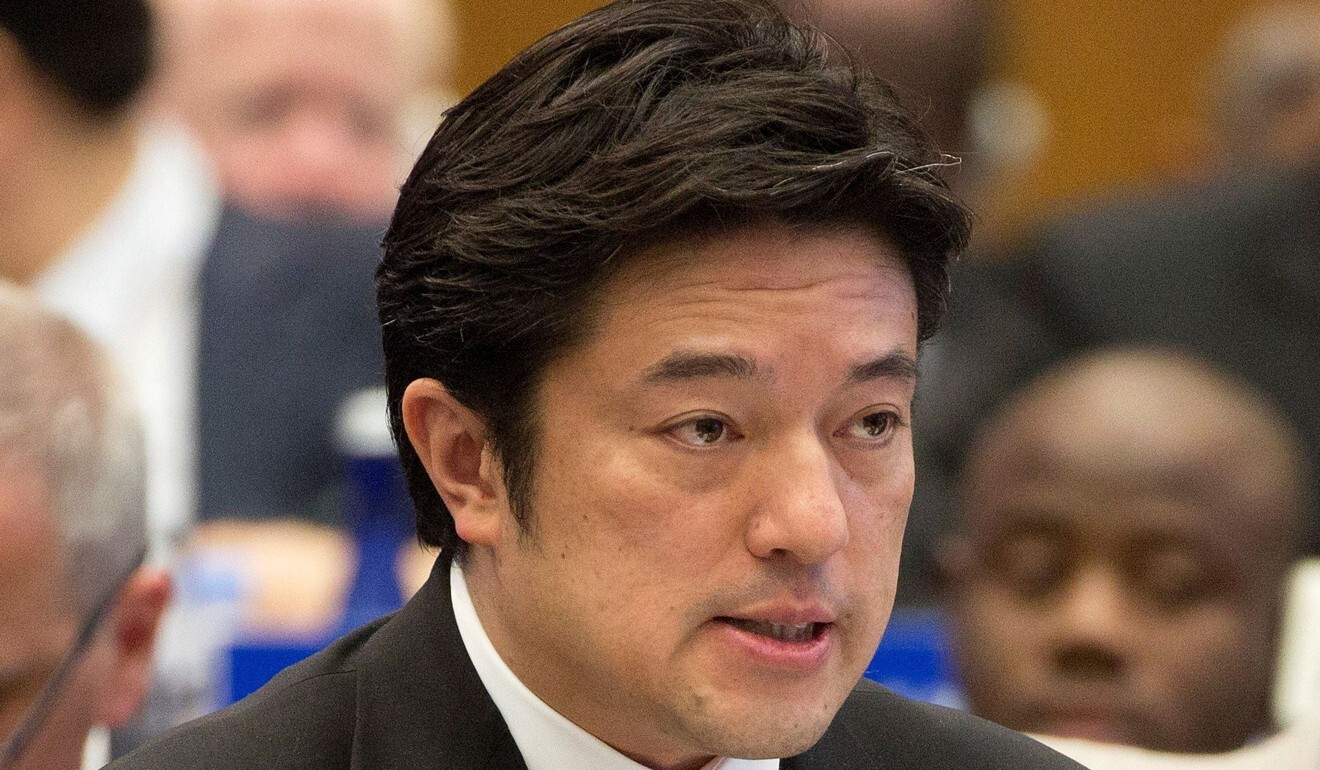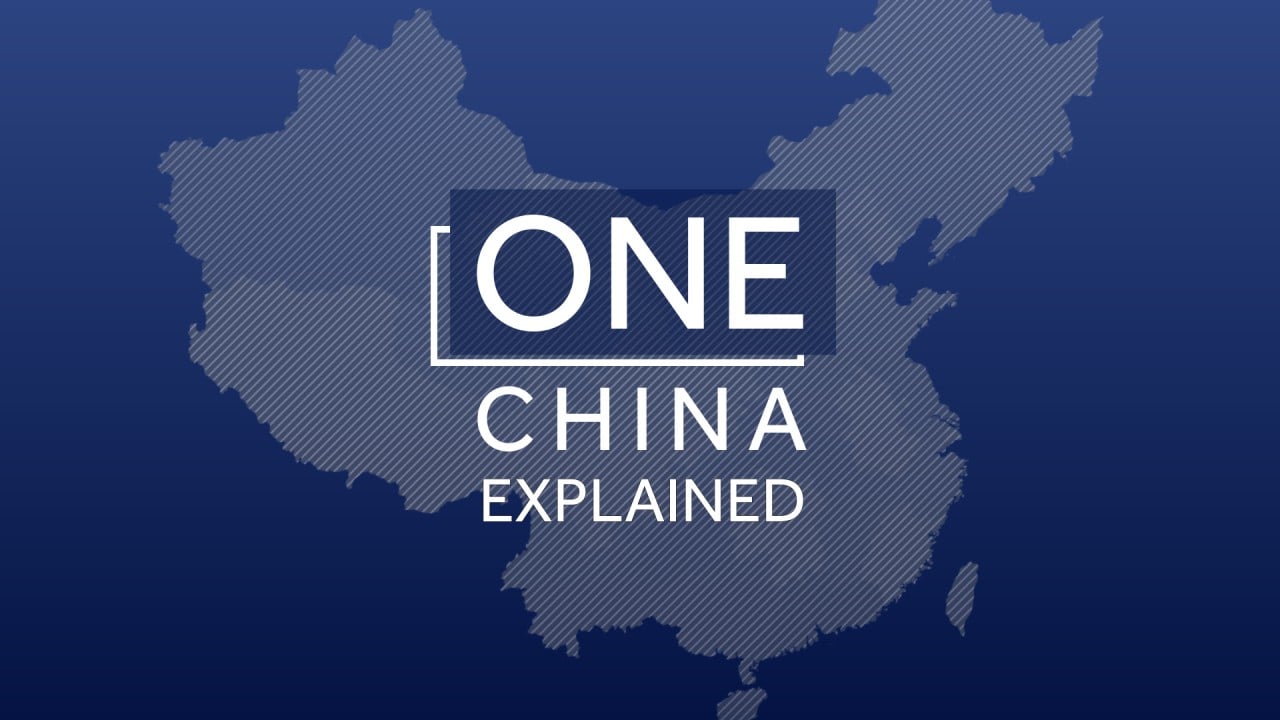
Japanese warning to ‘wake up’ to protect Taiwan hits a nerve in Beijing
- Chinese foreign ministry ‘strongly dissatisfied with erroneous remarks’ and says Tokyo broke a promise by calling the island a country
- Japan’s deputy defence minister had questioned the long-standing position of countries following the ‘one China’ policy
“Was it right?” he asked at an online event hosted by Washington-based think tank the Hudson Institute, referring to how future generations will judge policymakers on the issue. “I don’t know.”
Nakayama also said democratic countries “have to protect Taiwan as a democratic country”.

The remarks hit a nerve in Beijing, which sees Taiwan as part of its territory to be brought under its control – by force if necessary – and has angrily rejected any international support for the island.
“The Chinese side is strongly dissatisfied with the erroneous remarks by the senior Japanese official and has lodged a solemn representation to the Japanese side,” foreign ministry spokesman Wang Wenbin said at a regular press briefing.
Wang said Tokyo had broken a pledge by publicly calling Taiwan a country. “This has seriously violated the principles stated in four political documents including the Sino-Japanese Joint Declaration, seriously breached the solemn promise that the Japanese side has made repeatedly that it would not consider Taiwan a country,” he said.
Beijing had asked Tokyo to clarify the remarks and to “ensure that similar incidents would not happen again”, Wang said. “The Taiwan question is related to the political foundation of Sino-Japanese relations … we solemnly call on the Japanese side to adhere to its promises on the Taiwan question and to speak and act cautiously.”

02:17
‘One China’ explained
On Monday, Nakayama also said it was necessary to show deterrence to China and also to Russia, which had stepped up exercises in Japanese-claimed territory and near the US state of Hawaii.
“You can see China and Russia collaborating together, when they are doing some military exercise around our neighbours,” Nakayama said, adding that he wanted to see the US “stronger, stronger and stronger”.
Wang described the remarks as “vicious”, saying they “hyped up the so-called China threat” and it was an excuse for Japan to ease restrictions on its military.
China ‘unlikely’ to try taking Taiwan in next two years: US general
Separately, both China and South Korea on Monday again criticised Japan over the wartime “comfort women” issue at the ongoing Human Rights Council session in Geneva.
During a dialogue with the UN special rapporteur on violence against women, Jiang Duan, a senior official at China’s mission to the United Nations, said it was “irrefutable” that the Japanese military had carried out war crimes during World War II, including raping women in Nanjing.
South Korea’s representative to the UN said stigmatising comfort women and letting the perpetrators go unpunished only exacerbated their suffering, and “solutions to such problems must be victim-centred or survivor-centred”.
Hundreds of thousands of mostly Chinese and Korean women were forced to work in Japan’s military brothels as so-called comfort women before and during World War II, and the issue of adequately compensating the surviving victims has long troubled diplomatic relations between the three neighbours.
Additional reporting by Reuters


